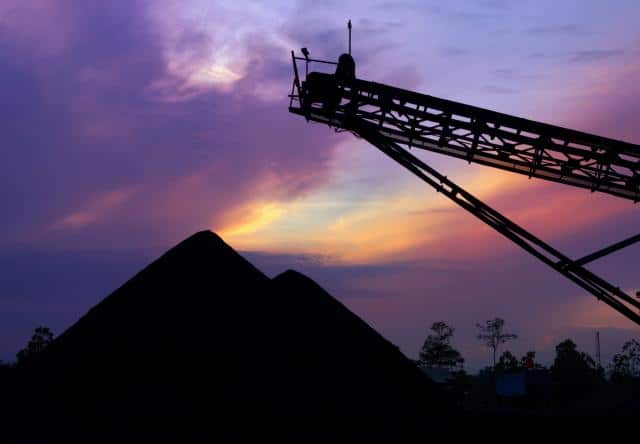The coal industry’s spin doctors have been droning on about the abudance of coal for the last year, but new research by Dave Rutledge, Chair of Caltech’s engineering and Applied Sciences Division, calculates that the world’s coal reserves may be much less “abundant” than the coal industry would like us to think:
“The record of geological estimates made by governments for their fossil fuel estimates is really horrible,” Rutledge said during a press conference at the American Geological Union annual meeting. “And the estimates tend to be quite high. They over-predict future coal production.”
The coal lobby states that, “within our [US] borders, we have enough coal to last the next 200 years.” But by Rutledge’s calculations 90% of the entire world’s estimated coal reserves will have been produced by 2069.
You can check out a copy of Rutledge’s powerpoint presentation here (4MB powerpoint file): Rutledge coal and oil reserves presentation.
Subscribe to our newsletter
Stay up to date with DeSmog news and alerts







